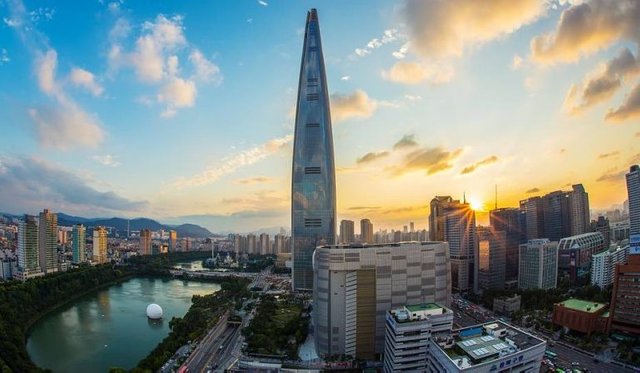12 exchanges of cryptocurrencies were approved by the Korean regulatory body

The largest self-regulatory body in the cryptographic industry in South Korea, the Korean Blockchain Association (KBA), is under pressure for its inspection standards after approving 12 of the 12 cryptographic exchanges examined in a recent campaign.
The Korea Blockchain Association (KBA), an industry body that brings together nearly two dozen cryptocurrency exchange companies, has completed an internal inspection of 12 national exchanges that began in May.
Self-regulation was carried out through experts authorized by KBA in June and July, according to the Korea Herald. In particular, the inspection did not include any simulation of cyber attack to the exchanges and only limited to interview the exchanges.
The results of the inspection show that 12 bags gain a go-ahead for complying with the "general rules" demanded by the KBA. They include the adoption of cold or offline wallets, the monitoring of anti-money laundering regulations, the possession of a minimum of assets, among others.
The president of KBA, Jhun Hai-jin, admitted last Wednesday at a press conference in Seoul that the inspection detected security flaws in some of the twelve exchanges approved. Some exchanges showed a "huge gap in the level of risk management of cybersecurity," Jhun said, insisting that they met the minimum standard required in general. The official refused to reveal these flaws, claiming that they could expose the exchanges to possible hacks.
More specifically, Jhun emphasized in quotes reported by the Korea Times:
This inspection does not guarantee the absolute security of the 12 platforms. The result indicates that the 12 platforms meet the minimum requirement for their operations. It's like a driver's license. It is difficult to know if they are good drivers or not. "
The 12 exchanges that receive approval are: Dexko, Hanbitco, OKCoin Korea, Huobi Korea, Bithumb, Upbit, Neoframe, Gopax, Cpdax, Coinzest, Korbit and Coinone. Two exchange operators, Komid and Sunny7, withdrew from the inspection process.
The KBA has also received criticism for having doubled the initial inspection period of one month in May to allow time for exchanges that did not meet the minimum criteria to prepare for the inspection.
The announcement comes less than a month ago that Bithumb, one of the largest exchanges in the country by volume of operations that has been approved by the KBA, revealed to have suffered a hacking of 30 million dollars in cryptocurrencies.
Some media have pointed out as "doubtful" and "ineffective" that exchanges that have recently suffered cyberattacks have passed this inspection.
Money Today quoted an industry source as saying that "it is doubtful that all of them have passed the inspection," noting that "the fact that the ratings of the detailed assessment points are not disclosed for each trading site, is also a cause of doubt in the results of the exams ".
The Korea Times also spoke about the issue: The KBA has not disclosed the detailed score or security assessment of each exchange, which calls into question the impartiality of the inspection.
KBA's announcement comes a few days after the Korean government revealed an analysis of the cyber attacks in the country. The government has been criticized for not taking the necessary measures to prevent hacking damage, since three of a total of 31 exchanges that were inspected were hacked, causing damage worth about 110 billion won (around USD $ 98). million), as reported by Bitc News
This user is on the @buildawhale blacklist for one or more of the following reasons: